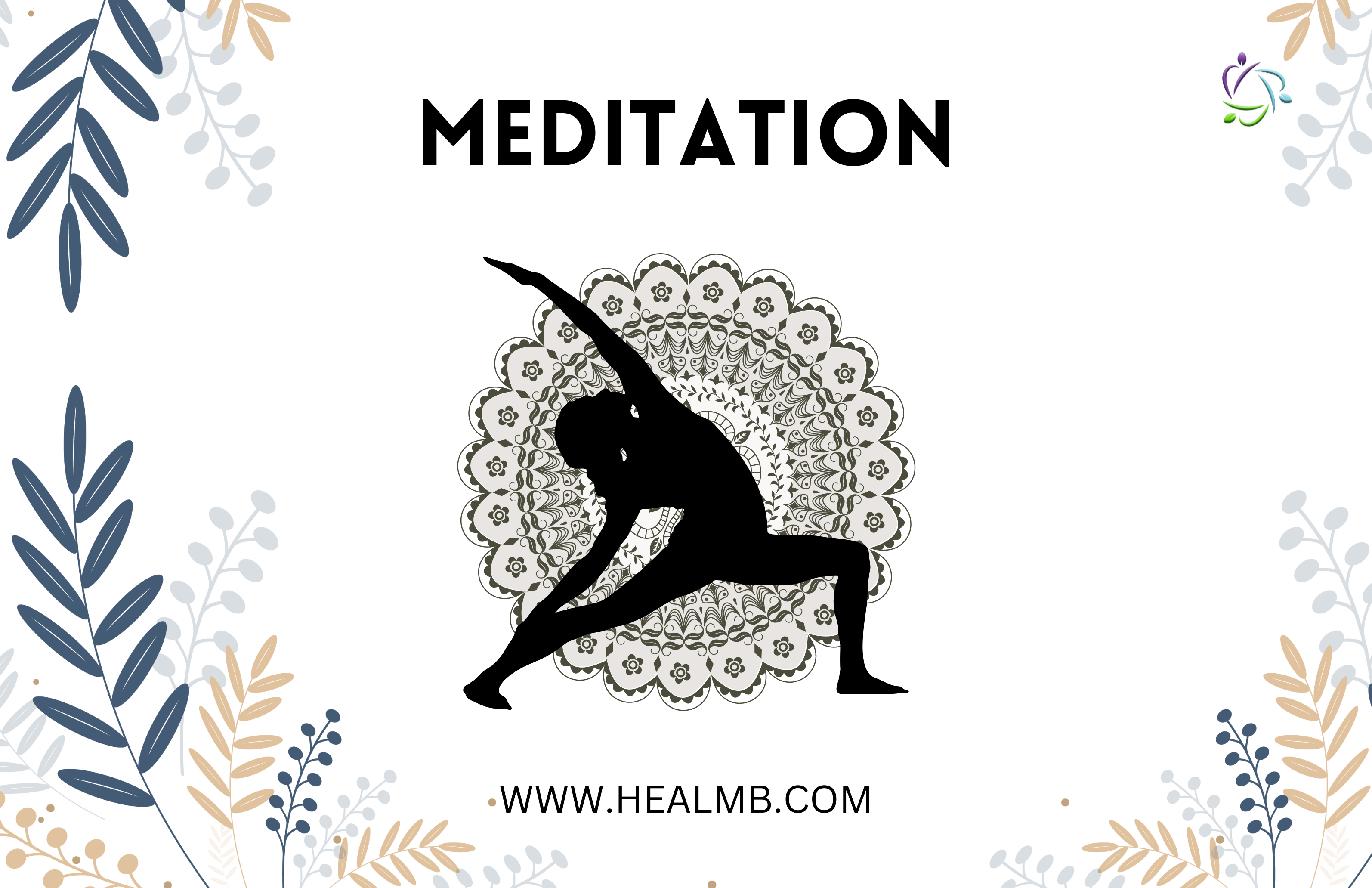Mindfulness:
A Simple, Swift Method for Stress Alleviation In the rush and clamor of daily life, if stress leaves you feeling uneasy, uptight, and apprehensive, mindfulness could offer the remedy you seek. Devoting just a few moments to mindfulness can effectively restore serenity and inner tranquility. Mindfulness is an accessible practice for all, demanding minimal resources and no specialized equipment. It's straightforward and economical, rendering it a convenient choice for stress management. One striking feature of mindfulness is its adaptability. It can be practiced anywhere, whether strolling, commuting, awaiting appointments, or even amid bustling business engagements.
Insight into Mindfulness:
Mindfulness boasts a heritage spanning millennia. While rooted in spiritual traditions, it has evolved into a contemporary tool for stress reduction. Today, its primary aim is to facilitate relaxation and diminish stress levels. Mindfulness serves as a form of mind-body medicine, promoting deep relaxation and composure. By honing in on a single point of focus, mindfulness aids in dispelling distracting thoughts that contribute to stress, thereby fostering improved physical and emotional well-being. Benefits of Mindfulness Engagement in mindfulness can yield profound benefits for emotional and physical well-being. It can imbue a sense of tranquility, harmony, and equilibrium, aiding in stress management and relaxation. By directing attention toward calming stimuli, mindfulness nurtures inner peace and centeredness. The advantages of mindfulness extend beyond individual sessions. Regular practice can empower individuals to navigate daily hurdles with enhanced composure and grace. Moreover, mindfulness may offer relief from symptoms associated with certain medical conditions, proving instrumental in their management. Through mindfulness, individuals can alleviate the weight of daily information overload, which contributes to stress and tension. Emotional and physical benefits include heightened self-awareness, stress-coping skills, and a heightened focus on the present moment. Furthermore, mindfulness has been associated with reduced negative emotions, heightened creativity and patience, and positive alterations in resting heart rate, blood pressure, and sleep quality.
Mindfulness and Health:
Beyond stress reduction, mindfulness may hold therapeutic promise for individuals grappling with medical conditions exacerbated by stress. While existing research supports the health benefits of mindfulness, further exploration is deemed necessary to fully validate its efficacy. Nonetheless, preliminary findings indicate that mindfulness may aid in managing symptoms associated with conditions such as anxiety, asthma, cancer, chronic pain, depression, heart disease, high blood pressure, irritable bowel syndrome, sleep disturbances, and tension headaches. Consultation with a healthcare professional is imperative to evaluate the appropriateness of mindfulness, particularly for individuals with preexisting health concerns. While not a substitute for medical intervention, mindfulness can complement conventional treatments, bolstering overall well-being.
Varieties of Mindfulness:
Mindfulness encompasses diverse techniques for achieving relaxation, including guided imagery, mantra repetition, mindfulness meditation, Qigong, Tai Chi, and Yoga. Each approach presents a unique avenue toward inner peace and stress alleviation. Essential Components of Mindfulness Irrespective of the chosen technique, fundamental elements such as focused attention, relaxed breathing, a tranquil setting, and an open mindset underlie effective mindfulness practice. Novices may find it advantageous to initiate their mindfulness journey in serene environments, gradually expanding to more challenging contexts.
Practical Tips for Daily Mindfulness:
There's no need to feel daunted by the prospect of mastering mindfulness. Whether participating in formal sessions or practicing independently, mindfulness can be tailored to accommodate individual preferences and schedules. Integrating mindfulness into daily routines, even for brief intervals, can yield significant dividends. Simple mindfulness techniques to explore include deep breathing, body scanning, mantra repetition, walking meditation, prayer, contemplative reading, and cultivating compassion towards others.
Developing Proficiency in Mindfulness:
Patience and perseverance are crucial when embarking on a mindfulness journey, refraining from harsh self-judgment. It's common for the mind to wander during mindfulness practice, irrespective of one's proficiency level. Whenever distractions arise, gently steer focus back to the chosen focal point. Experimenting with diverse mindfulness techniques can facilitate the discovery of the most resonant approach. Remember, there's no definitive right or wrong method for mindfulness. The essence lies in identifying what resonates most with you, as it can contribute to stress reduction and overall well-being.
